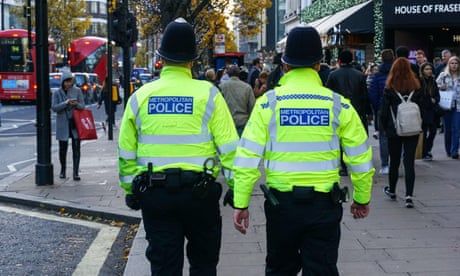
We want to make once-in-a-generation changes so that every force has access to the best tools – and justice isn’t a postcode lottery
- Gavin Stephens is chair of the National Police Chiefs’ Council
- Police chief calls for biggest shake-up of policing since 1960s
The need for a major shake-up of our police service has been spoken about for decades. The last major reform to policing in the 1960s modernised our service in ways we at one time would not have thought possible, and in ways that felt cutting edge at the time. We slimmed down from a staggering 200 police forces in Britain in 1900 to 43 in England and Wales after 1964, simplifying a fragmented landscape.
That was in the pre-internet era, when the handheld calculator was the height of innovation. Crime has evolved dramatically since then, and we now face new threats such as fraud, riots and terrorism, which are growing in prevalence and complexity. What an officer would have been called to do in the 1960s is vastly different to the typical calls we get now. There was no searching on “the cloud” to find evidence, or even DNA to collect at a crime scene. The policing model was built to respond to “traditional” crime, such as burglary and theft, that happened in communities.
Gavin Stephens is chair of the National Police Chiefs’ Council
Continue reading...